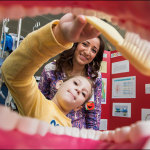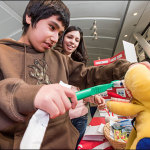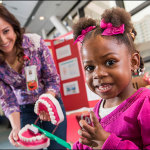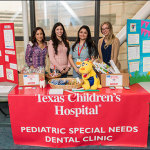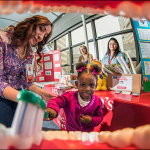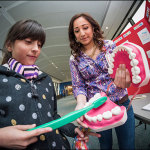
Don’t miss out on the fun next month at the third annual Texas Children’s Hospital and Houston Marathon Foundation Family Fun Run. Registration for the event ends at noon Monday, March 30, so hurry and sign up if you haven’t already.
Families with children of all abilities are invited to register and participate in the run at 9 a.m. Saturday, April 11 at Texas Children’s Hospital West Campus.
The Family Fun Run will include both a 1K and 3K course. Registered participants – including those who need walkers and wheelchairs – are welcome. There will not be prizes given to top finishers as all participants will receive an award for taking part in an event designed to educate and encourage Houston-area families to adopt active, healthy lifestyles.
Following the run, families can enjoy the H-E-B sponsored Family Fun Zone. The zone will be packed with snacks, special guests and close to 40 attractions.
Join Texas Children’s leaders and thousands of others in the fun and register today for the Family Fun Run. Registration can be completed online at http://www.texaschildrens.org/funrun/ or https://secure.marathonguide.com/register/TexasChildrensRun. Remember, the deadline to register is noon Monday, March 30.
Additional information, including training guides, videos and pictures from last year’s event, can be found on the event’s website.
Spread the word and happy running!








